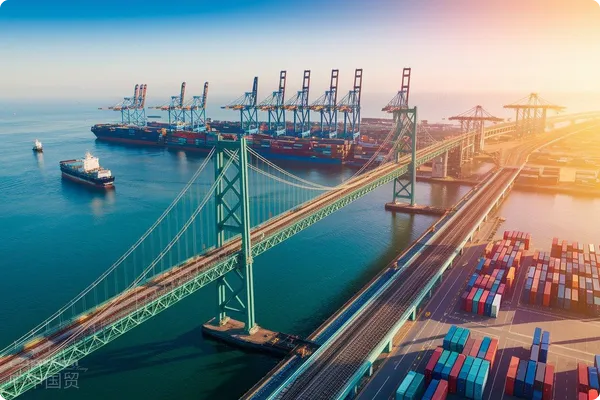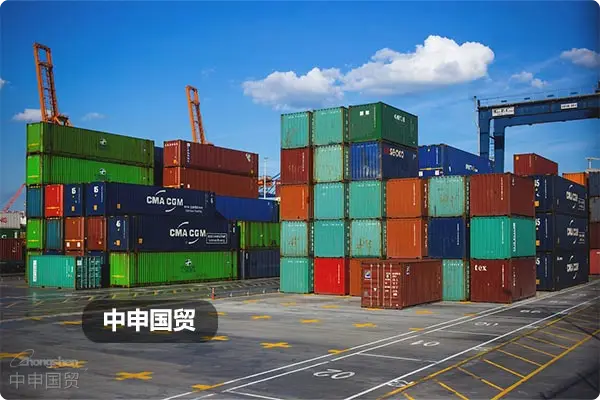- Shanghai Zhongshen International Trade Co., Ltd. - Two decades of trade agency expertise.
- Service Hotline: 139 1787 2118

What exactly is an export designated agency brand?
Export designated agency brand refers tobrand owners granting legal authorization, allowing specificforeign tradeenterprises to act as export agents for their products. According to 2025 international trade practices, there are mainly three authorization types:
- Exclusive Agency authorization
- Territorial Agency authorization
- Divided by country/region
- Divided by sales channels
- Non-exclusive Agency authorization
How to determine whether designated agency qualification is required?
When your export business involves the following situations, brand agency authorization must be obtained:
- Product packaging bears registered trademark ? symbol
- Export ClearanceDocuments show brand registration information
- Target market requires brand authorization letters (such as Middle East GCC certification)
In 2023, a certainCross-border E-commercePerformance reports show 38% of customs seizure cases involve undeclared brand agency relationships.
What key elements should brand agency authorization documents include?
Valid authorization documents should contain the following 7 core elements:
- Complete company registration information of the licensor
- Legal name of the licensee in both Chinese and English
- Scope of authorized products (HS codes recommended to be precise to 6 digits)
- Authorized geographical scope and validity period
- Specifications for anti-counterfeiting label usage
- Intellectual property protection clauses
- Notarized signature and seal page
What are the special considerations for agency export operations?
Key points to focus on in specific business operations:
- Customs declaration specifications
- Mandatory declaration of brand type (OEM/authorized/self-owned)
- Accurate completion of the customs record number of the brand owner
- Logistics document management
- Commercial invoices must show the authorization document number
- Packing lists to indicate authorized brand logos
How to prevent legal risks in agency exports?
It is recommended to establish a three-tier risk prevention mechanism:
- Pre-shipment review
- Verify the trademark registration status of the brand in the target country
- Confirm whether the authorization scope includes export rights
- In-process monitoring
- Regularly compare actual export volumes with authorized quotas
- Maintain complete logistics tracking records
- Post-shipment traceability
- Establish a product traceability system
- Retain transaction documents for at least 5 years
What are the special regulations for agency exports to emerging markets?
Taking RCEP member countries as an example, the newly implemented trade facilitation measures in 2025 require:
- ASEAN countries require a power of attorney with dual authentication
- Australia requires an accompanying English version of the quality commitment letter
- Japan implements a brand agency filing system for specific product categories
How to handle inventory products after brand authorization expires?
A three-step processing plan is recommended:
- Negotiate renewal or clearance with the brand owner 90 days in advance
- Apply for extended shipment for produced but undelivered products
- Transfer inventory through legal channels
- Domestic sales require product label changes
- Entrepot TradeReauthorization from the transit country is required
What key factors should be considered when selecting an agency brand?
It is recommended to evaluate from four dimensions:
- Market compatibility
- Brand awareness in the target market
- Product price range and local consumption level
- Legal Compliance
- Existence of patent cross-licensing
- Involvement of technology export controls
- Supply chain stability
- Profit distribution mechanism
(Note: The operational specifications described in this article are based on current international trade rules in 2025. For specific business execution, it is recommended to consult professional trade service agencies.)
Related Recommendations
Learn
Contact Us
Email: service@sh-zhongshen.com
Related Recommendations
Contact via WeChat

? 2025. All Rights Reserved. Shanghai ICP No. 2023007705-2  PSB Record: Shanghai No.31011502009912
PSB Record: Shanghai No.31011502009912









